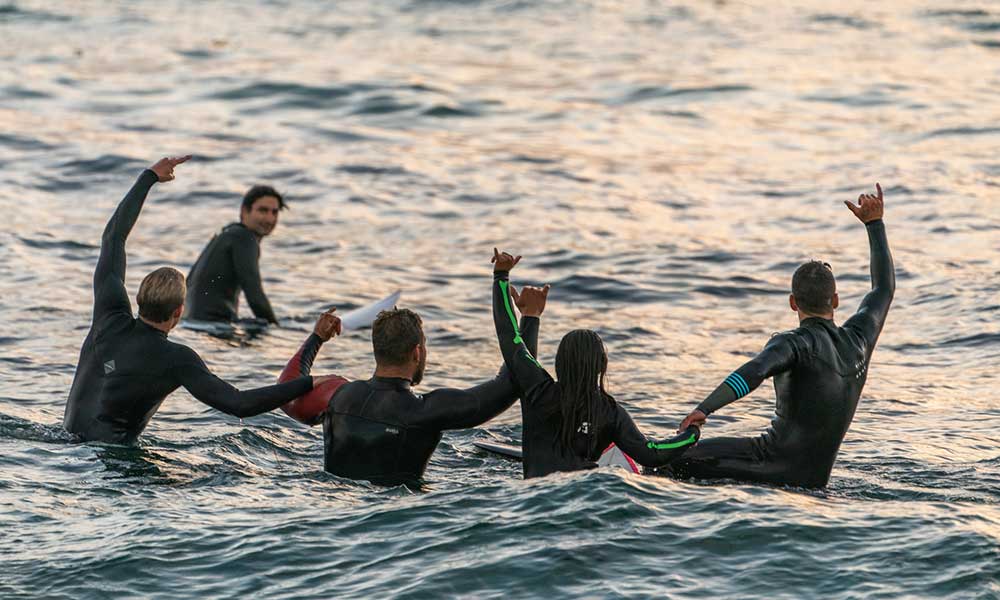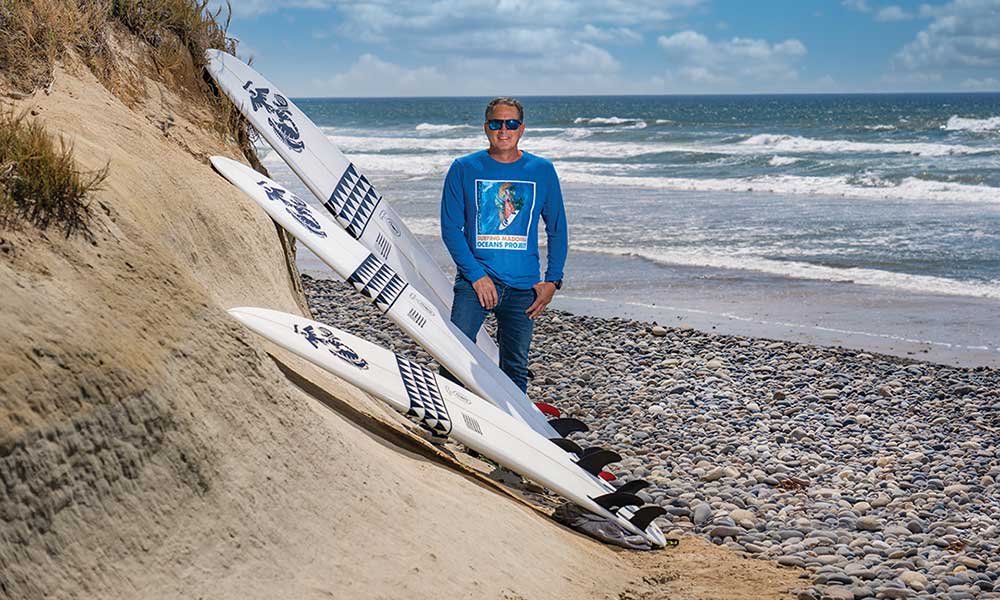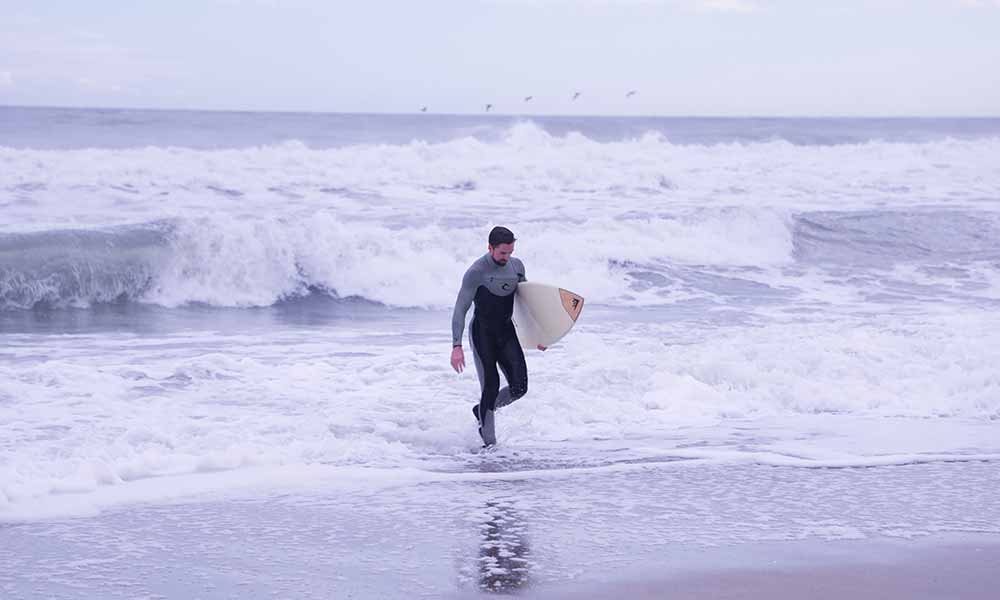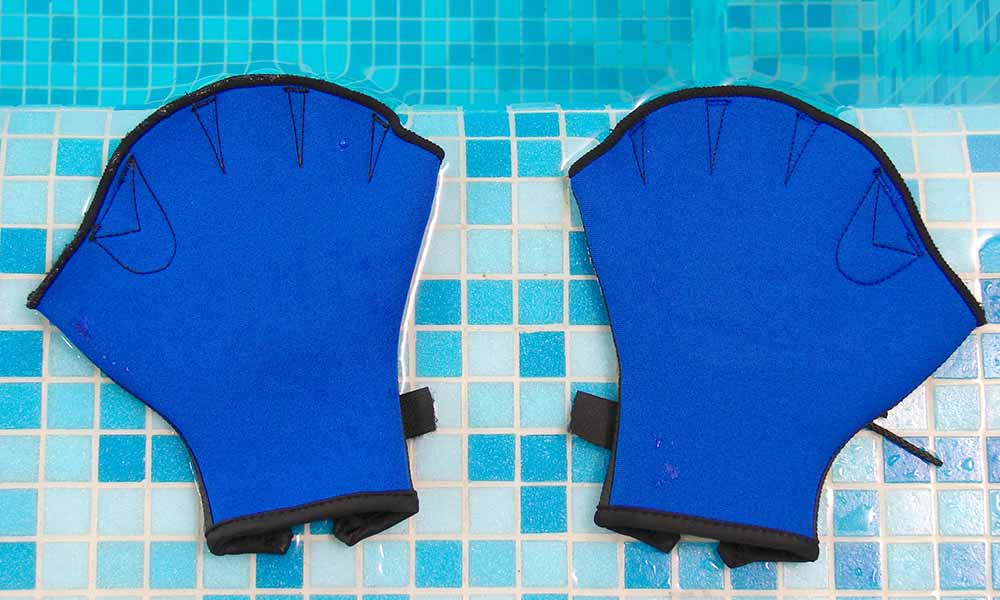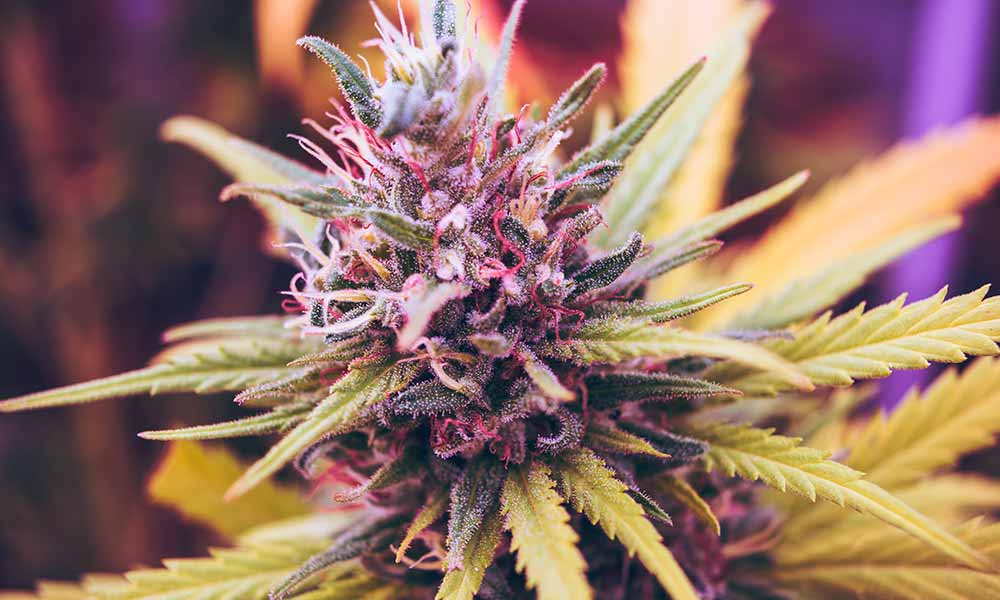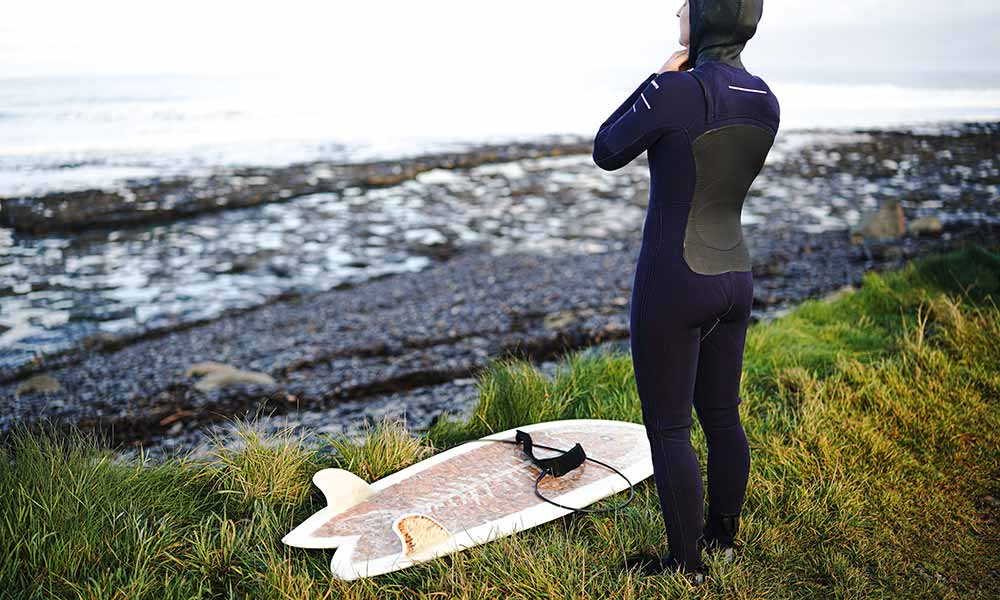As a verb, “stoked” is the past tense of “stoke”, which is what you do to a fire or barbecue when you add fuel or poke it.
It also works in the expressed, “She stoked his anger”.
But in the surfing community, it means something else entirely.
You’ll often hear surfers use expressions like, “I’m stoked!” to mean that they are happy and/or excited.
But where does this usage of the word come from?
The History of the Word “Stoked”
The word “stoke” has a complicated origin story.
It begins with the Old English word “stoc”, which basically meant “place”, and it’s why you’ll find towns like Stoke-on-Trent (Trent being the name of the nearby river) in the UK.
The name took on several more meanings in time and was used to mean everything from “meeting place” and “pasture” to “dairy farm”.
There is also the word “stoker”, which comes from “stoken” in Middle Dutch, a word that meant “to poke”.
Over the centuries, “stoke” lost its Old English meaning and was used to mean “stirring /rousing up”.
You can stoke a fire to encourage it to burn and you can also stoke someone’s feelings.
It’s from the latter meaning that we get the modern-day surf slang.
“Stoked” As Surf Lingo
Surfers began using the word “stoked” in the 1950s, a time when the sport experienced a veritable golden age with the introduction of surf music and the modern-day surfing lifestyle.
It morphed into something that referenced feelings such as excitement, happiness, exhilaration, ecstasy, and delight, with surfers exclaiming “I’m stoked” during an eventful surf session or as they approach some huge waves.
You’ll also hear expressions like, “So stoked!” after surfers ride big waves or watch their friends do the same.
Other Examples of Surf Slang
Surf culture has its own complex lingo and you’ll learn all of these words and expressions as you advance from a beginner surfer to an experienced one.
Some of the most expressions and terms to listen out for include:
- Shaka: A hand sign made by making a fist and raising only the thumb and pinky finger. It has a long history of use in Hawaii and has a rather interesting origin story that we have touched upon in the past.
- Beach Break Waves: The areas where waves break over sandbars.
- Impact Zone: The area where the waves break the heaviest, causing issues for beginner surfers.
- Closeout: The moment that a wave breaks suddenly and without much warning.
- Sucking Dry: When larger breaking waves suck the surf dry and leave the seabed exposed.
- Tombstoning: Occurs when the surfer wipes out and dips below the surface, with the surfboard on the water above them.
- Washing Machine: The act of getting rolled around by a breaking wave, just like being in a washing machine.
Summary: Are You Stoked?
If you’re a real surf dude, then it’s time to start using the word “stoked”! It’s as much a part of your progression as moving from a longboard to shortboard and will help you fit in with the local surfers.
It’s also a great word that can be used to perfectly describe lots of aspects of the surf and surf culture.

